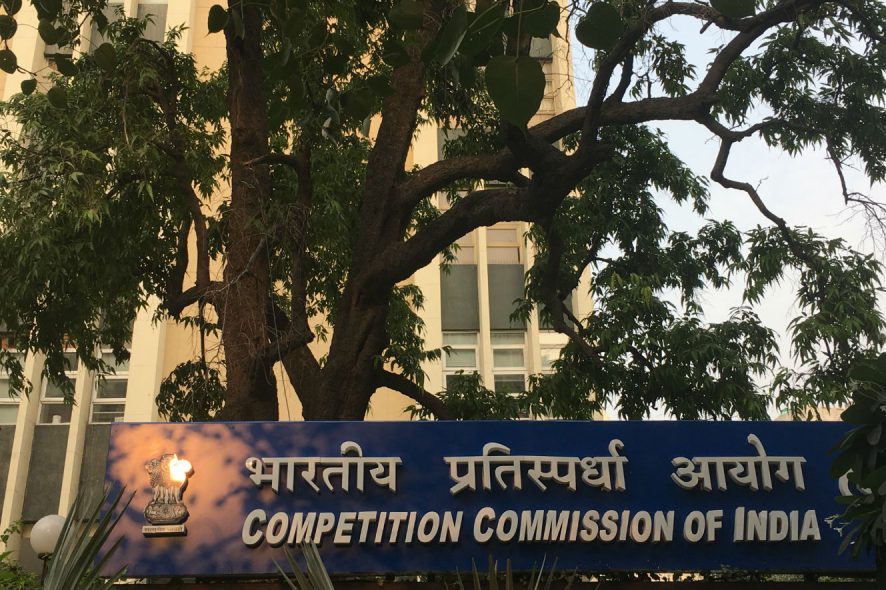Competition Commission of India (CCI): A four-member bench comprising of Devender Kumar Sikri, Chairperson and Sudhir Mital, U.C. Nahata and G.P. Mittal, Members, directed closure of the matter alleging contravention of provisions of Sections 3 and 4 of the Competition Act 2002, by the Opposite Party 1 (OP 1)- Panchsheel Buildtech (P) Ltd. and Opposite Party 2 (OP 2)- Tata Capital Housing Finance Ltd.
The information was filed under Section 19(1)(a) by the informant stating that he had booked an apartment in one of the residential projects of OP 1. For payment of the same, the informant took loan from OP 2. A Tripartite Agreement was entered into between the informant and both the OPs, according to which OP 1 undertook to pay the loan installments (EMIs) to OP 2 till such time as the possession of the concerned apartment was not handed over to the informant. However, the informant alleged, OP 1 stopped paying EMI despite repeated communication. Further, he alleged, it was the duty of OP 2 to collect EMI from OP 1 but it failed to discharge its duty. Such non-payment of EMIs spoiled the informant’s CIBIL score. It was further alleged that OP 1 had arbitrarily cancelled allotment of the apartment made in favour of the informant and refused to return the down payment deposited by him. The informant averred that there was a nexus between the OPs and they indulged in illegal trade practices amounting to contravention of provisions of the Competition Act.
At the outset, the Commission noted that to prove an anti-competitive agreement under Section 3, the basic requirement to be fulfilled is the existence of an ‘agreement’. However, in the instant case, there was no evidence which could remotely suggest the existence of any agreement between the OPs. Moreover, the Commission noted that OP 1 was a real estate developer while OP 2 was a loan provider. The two were not “engaged in similar or identical trade of goods or provision of services” or “at different stages or levels of production chain in different markets”. Since both the OPs were providing completely different services, they were neither horizontal competitors nor vertically integrated. As such their conduct could neither be examined under Section 3(3) or (4) of the Act. Furthermore, it was found that OP 1 was not a dominant player in the relevant market, thus, no contravention of Section 4 could be made out. Accordingly, the matter was directed to be closed under Section 26(2) of the Act. [Ashish Gupta v. Panchsheel Buildtech (P) Ltd.,2018 SCC OnLine CCI 45, order dated 11-06-2018]






